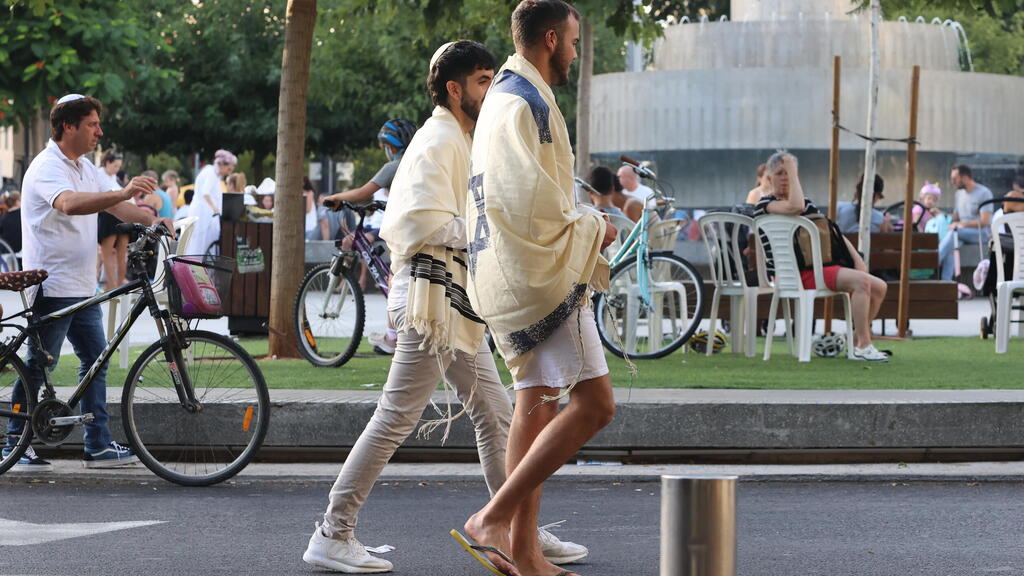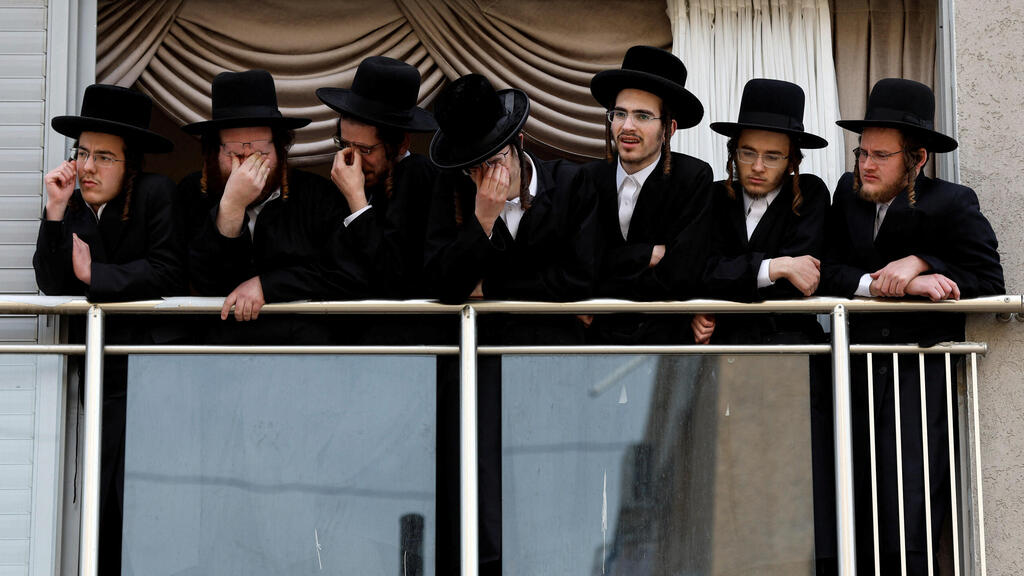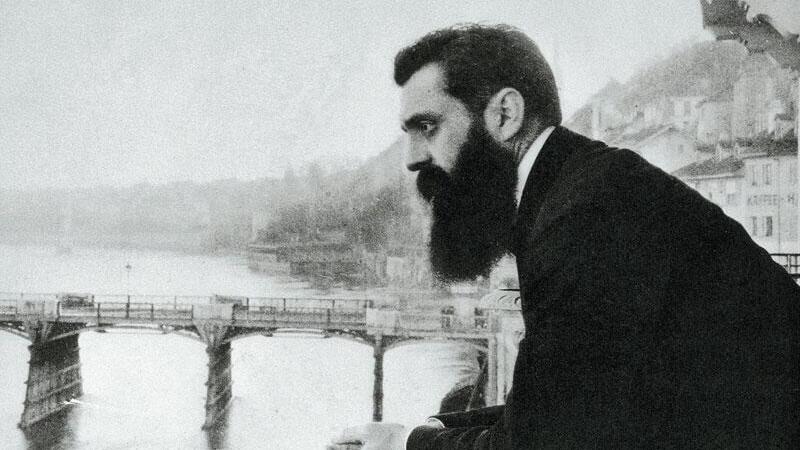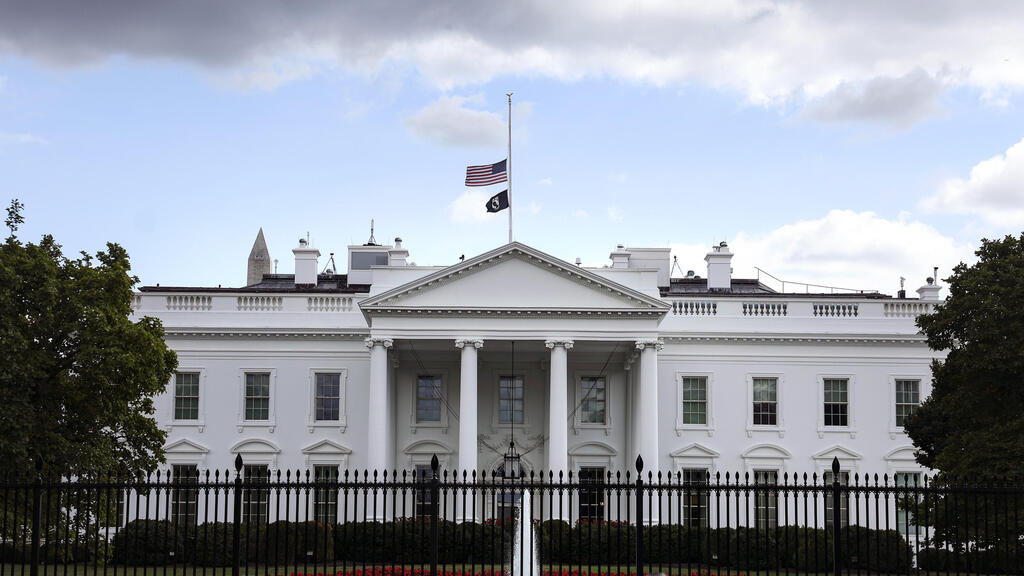Many Israelis pride themselves on the thought that Judaism is a religion which promotes social and ethical progress, and that the Jewish people throughout history were always at the forefront of human advancement.
Sadly, this is an illusion, and not only because notwithstanding a small number of exceptions (and even these were often considered heretics), the number of Jews who’ve been truly influential in the history of Western thought, particularly before the twentieth century, was quite small. This holds true particularly for liberal political and social thought, which shaped modern liberal democracy.
John Locke, Adam Smith, Voltaire, John Stuart Mill—they and many others among early Enlightenment and liberal philosophers were not Jews (Moses Mendelssohn was an exception, but his influence outside Germany was minimal).
More important, despite the fact that most of these thinkers didn’t disown the significance of religion, they recognized that the place of religion in a modern state needs to be completely separated from its political and judicial institutions.
How should we consider the state of Israel in this light? And even should we accept the claim (with which I definitely don’t agree) that Judaism in the far past was at the forefront of human progress, does the state of Israel today continue to stand in the advanced guard of this progress?
These questions are particularly important today, in an age when in western countries in general, and in the U.S. in particular, radical principles which until quite recently were considered unthinkable have become not only acceptable, but necessary, almost taken for granted.
Indeed, those disagreeing with these principles are considered “unwoke,” people who adhere to immoral ideas which have no place in today’s world. (Perhaps it’s no accident that the Academy of the Hebrew Language has yet to come up with a translation of the word “woke”).
Historical progress is gradual by nature, and what’s considered daring and unthinkable in one generation is taken for granted one or two generations later. Early liberal thinkers understood this, and this notion became known as “the idea of progress.”
The famous British historian Thomas Babington Macaulay recognized this when he wrote: “It is delightful to think, that, in due time, the last of those who struggle in the rear of the great march [of historical progress] will occupy the place now occupied by the advanced guard.” Instances of such progress aren’t lacking.
For example, only about a century ago, a blink of an eye from a historical perspective, women didn’t enjoy political rights even in the most advanced nations. But today, in the age of #MeToo, the idea of gender equality seems self-evident, and the battle now rages not only for the rights of homosexuals and lesbians, but for those of transgenders, and even for the right of all people to decide their own gender.
These changes are no longer simply gradual, but, with the support of the internet, they’ve become quick and dramatic in a way which would have been incomprehensible not only for people in the nineteenth century, but also for those, like me, who grew up in the late twentieth century.
And so, what is the place of the Jewish state in this contemporary context of fundamental changes in the social and political makeup of modern western liberal culture? Do the Jewish people, in particular in the Jewish state, still stand at the forefront of historical progress (if we accept, that is, the doubtful claim that they were ever at the forefront of this progress)? And if not, then why not?
Sadly, these are in fact rhetorical questions, because Israel cannot exist as an advanced liberal state so long as it insists on being first and foremost a Jewish state, and only then a democratic one. This is not the place to detail the civic nature of Israel, and I don’t for a moment question the right of the Jewish people to a state of their own.
However, it is vital to recognize that so long as the insistence that Judaism precedes democracy remains in place, as does the principle that any time there’s a choice to be made between Judaism and liberal democracy it’s the former which comes first—so long as we insist on this point of view, and ignorantly claim that the Jewish people invented social ethics before the gentiles, from whom we have nothing to learn—so long as we persist to think this way, not only will we not stand at the forefront of the march of progress, but we’ll remain straggling behind it
Furthermore, this applies not only to particularly new or bold ideas. Already in the eighteenth century the philosophers of the Enlightenment recognized the importance of separating religion from the political institutions of the state, and the principle according to which every person had complete freedom to believe in what he or she saw fit, free of the fear of persecution.
The Founding Fathers of the United States famously made this explicit in the First Amendment. And about four decades later, in his famous book Democracy in America, Alexis de Tocqueville explained how it was precisely the separation of religion and state which enabled Christianity to thrive in the United States.
Indeed, those familiar with America today know how the place of Christianity in its culture is no less than that of Judaism in Israel. The principle of separation of religion and state was also clear to Theodor Herzl, as he made abundantly clear in his book The Jewish State. It’s perhaps no coincidence that the Israeli education system has made sure for many years not to teach Herzl’s writings.
The sad truth is that while the western liberal world has accepted for centuries the idea that no person should be discriminated against for their religious or gender identity, in Israel, under the self-illusion that the Jewish people are better than any other nation, we continue insisting on living in a society in which women are second rate citizens, and many others, both men and women, live devoid of basic rights because they fail to answer ancient intransigent religious criteria.
To give only one glaring example, in Israel one can get married or divorced only through the most orthodox religious courts, whether Jewish or non-Jewish. People of different faiths have no other recourse, and need to travel overseas to marry.
This is particularly true for many of the Jews who came to the country from the former Soviet Union, and whose Judaism isn’t recognized by the Chief Rabbinate of Israel, which is controlled by the most extreme orthodox principles. Surprisingly, many Muslims, sharing a traditional religious outlook, support this state of affairs.
And it has led to a new form of internal bigotry between different groups among Jews, when some of them, with the judicial backing of the state, insist on canceling the Judaism of others, along with their most basic civic rights. This is just one example of what happens when you don’t separate religion and state.
While the western world today accepts the principle of separation of religion and state as self-evident, and concerns itself with other issues, including expanding the idea of gender, environmental problems, and various historical injustices, not least those related to colonialism and slavery, we in Israel continue living according to laws and traditions rooted not even in medieval times, but in actual antiquity.
Were the thinkers of the Enlightenment to examine us today, they would perceive a nation barely standing in place from a historical point of view, a nation intent on letting progress pass it by.
Yet in all honesty we should recognize that this reality also has another side. Unintentionally, in Israel, at least so far, we’ve managed to avoid the excesses of political correctness, identity politics, wokeness (in the exaggerated negative sense of the word), cancel culture, and virtue signaling.
In the U.S. today in particular there’s a growing sense that the justified insistence on progressive ideas is leading to an illiberal reality, a situation which historians would describe as dialectic, in which liberal principles are leading to illiberal outcomes.
Anyone unwilling to openly support what’s claimed to be politically correct and progressive, or who errs in voicing even the slightest misplaced sentence, finds him- or herself publicly vilified. In Israel we’ve managed so far to avoid this type of restrictive discourse, and public debate remains open to practically any type of ideas.
Nevertheless, this is no reason for self-complacency or satisfaction. While in the U.S. and other western nations phenomena of this type result from what can be termed “too much of a good thing,” in Israel this “good thing,” i.e. the principle of liberal equality, is lacking rather than over-represented. And if we need to choose between too much and too little in this respect, the former seems clearly the better option.
All this doesn’t mean opposing the idea of Israel as a Jewish state. It only means opposing the notion of Israel as a state living according to passé principles of the Halakha, which form the basis of Israeli law today, despite standing in clear opposition to the basic foundations of modern liberal democracy.
It’s perfectly possible to retain Israel’s Law of Return guaranteeing all Jews the right to live in Israel, while also insisting on gender equality, minority rights, and secular civic rights for all those seeking them.
The sad fact is, however, that so long as we in Israel insist on living according to our ancient traditions, the enlightened world will continue advancing, while we and our descendants remain far behind.
Nathaniel Wolloch is an Israeli historian and author who also publishes under the pen name J. N. Charag.








